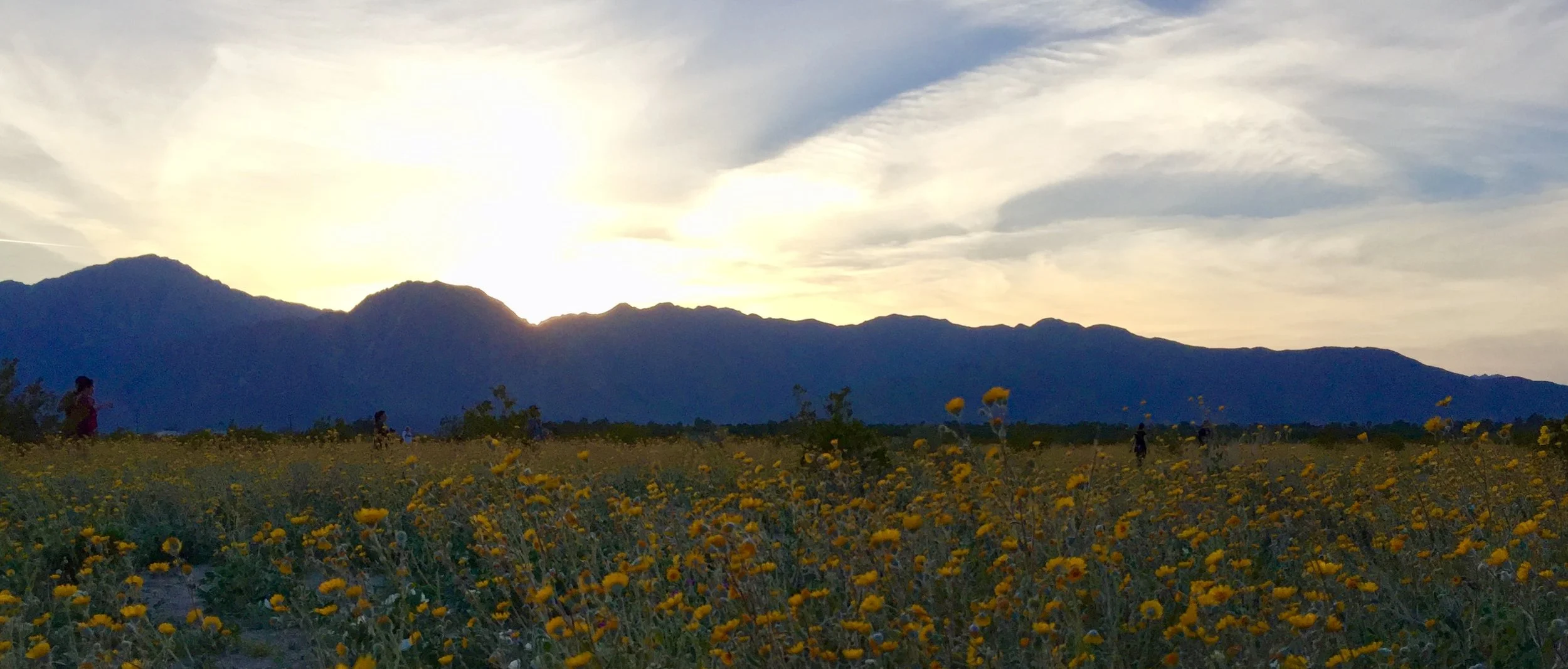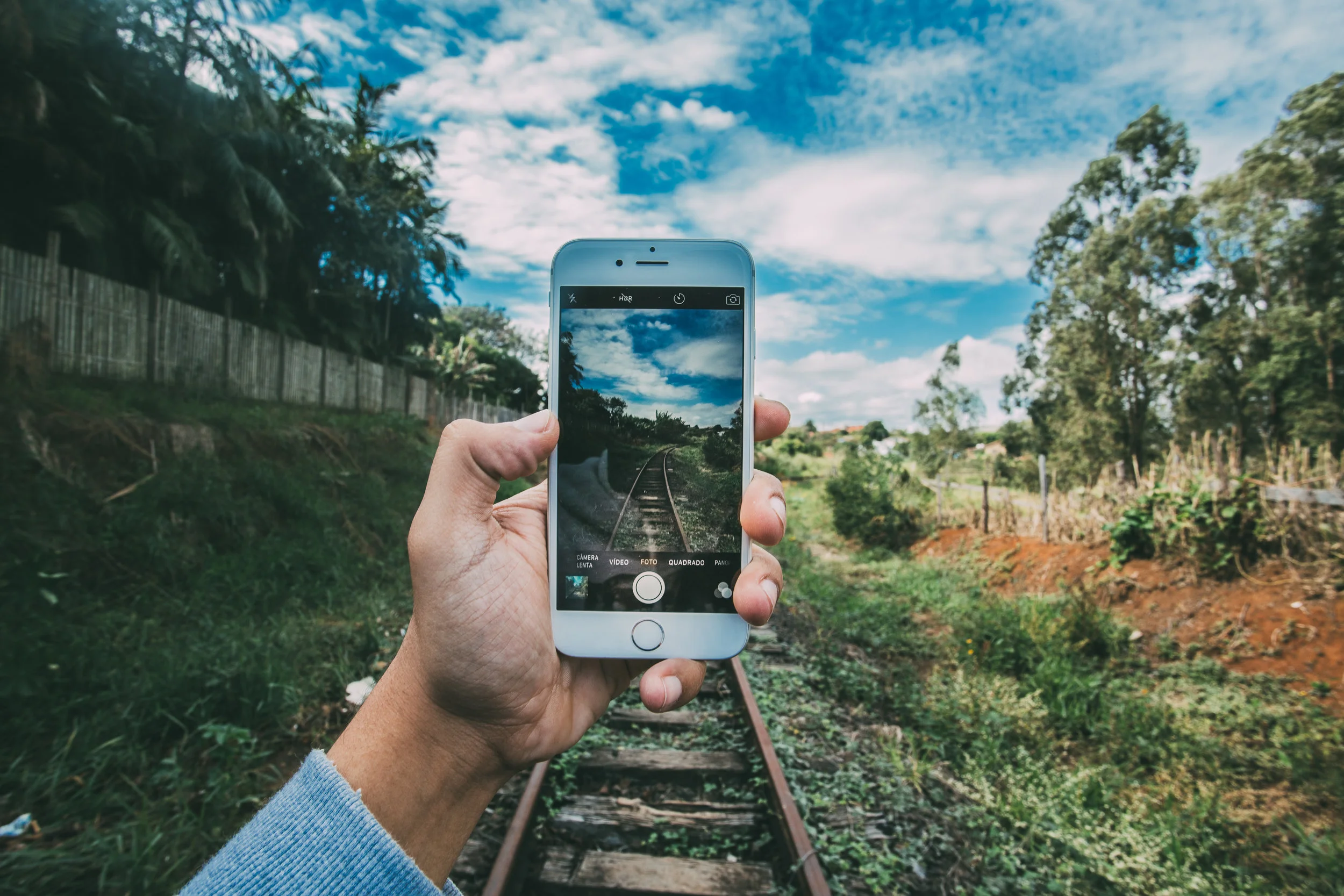45 has gotten a bad rap recently, and for good reason. It's time to make it great again (with mindfulness!)
CRAZY-MAKING!
The past few months in the U.S. and around the world have been exceptionally intense. And week after week, my students, clients and colleagues, talk about how crazy-making the world around us can be.
It's not easy to stay calm and centered these days, that's for sure. Especially with senseless violence and one tragedy after the other in the headlines.
I've felt it myself, in Europe while I was visiting this Spring and at home in the U.S.
And it has certainly made me feel an urgency to do something more to be part of the solution.
At the same time though, even in the midst of the incredible challenges we face politically, socially, and personally, we also have things to celebrate: family reunions, anniversaries, summer vacation and (drumroll please) ... my birthday!
Yep, it's that time (again! ;))
This year I wanted to do something different to celebrate the big 4-5 and have a bigger impact on the world that is so in need of a greater sense of peacefulness.
And I want to start by RECLAIMING 45 and making IT great again!
That's why I am super delighted and over-the-moon to share with you something I've been working on for a long, long time: a FREE guided e-course to help you practice 45 days of mindfulness.
Why 45 days?
(I know that 8 weeks isn't 45 days, by the way, but it's a great start and you can continue to hopefully practice unguided after the course ends).
So why would you want your brain re-wired and to do this?
Some reasons are:
To help you relax and de-stress (without that extra glass of wine or bag of chips)
To help you have better relationships through improved empathy and attunement with your family, colleagues, clients and co-workers
To help you be less reactive to social media, texts and other electronic stimulation (like sending that snarky text when you're overly tired!)
To help you do something positive for yourself to take advantage of the summer slow down
To be more compassionately engaged in the social, environmental, political and cultural causes you care about deeply but want to navigate with greater ease, self-compassion and boundaries
And finally, to be in community and celebrate with me: we don't just get older, we really CAN get wiser!
(Me, I'm taking to looking at the wrinkles, bumps and gray hairs with way more compassion and say, "BRING 45 ON!")
So join me. There is nothing to do and nothing to pay.
(Because it's my birthday and I love my peeps, this is my love offering to you FREE: at times like these in the world, we ALL could use a little time out to chill out).
Oh, and this e-course won't just include breathing meditations (click here for some audio meditations you can practice with to start), but also ways of cultivating mindfulness with mindful eating, mindful walking, mindful social media, working, technology, movement and more.
Starting today, participants will receive an email that will have a super, super simple mindfulness practice for the day. And we start with just ONE minute per day.
(I've already heard from some of you how just taking ONE minute to practice can be so transformative in re-setting the day!)
By the time my birthday rolls around on August 5th (yay Leos!) you will be practicing mindfulness for up 45 minutes a day.
And if you drop off for a day or two because you're taking a weekend off to enjoy the summer's delights, no worries. You can just pick right back up with the group.
There is great power and energy in knowing that you are cultivating mindfulness in a community.
And rather than getting on a community group online, I'd love it if you could actually talk about what you are doing with the people you know and practice a little digital detox (yes, we all could use a little help in putting the phone down and being present to the world around us in my not-so-unbiased opinion).
So, let's be in community and cultivate mindfulness there, off line, too. As you begin to practice, you will notice opportunities to connect with others and tell them how you are practicing mindfulness.
Perhaps you'll inspire them, too.
Sign up to join 45 Days of Mindfulness here.
Interested in connecting and practicing with me and other peeps live? Tell me what you'd like: a live interactive webinar where we could practice together, a series of FB lives, or what else. Just drop me a note here or let me know in the comments below.





